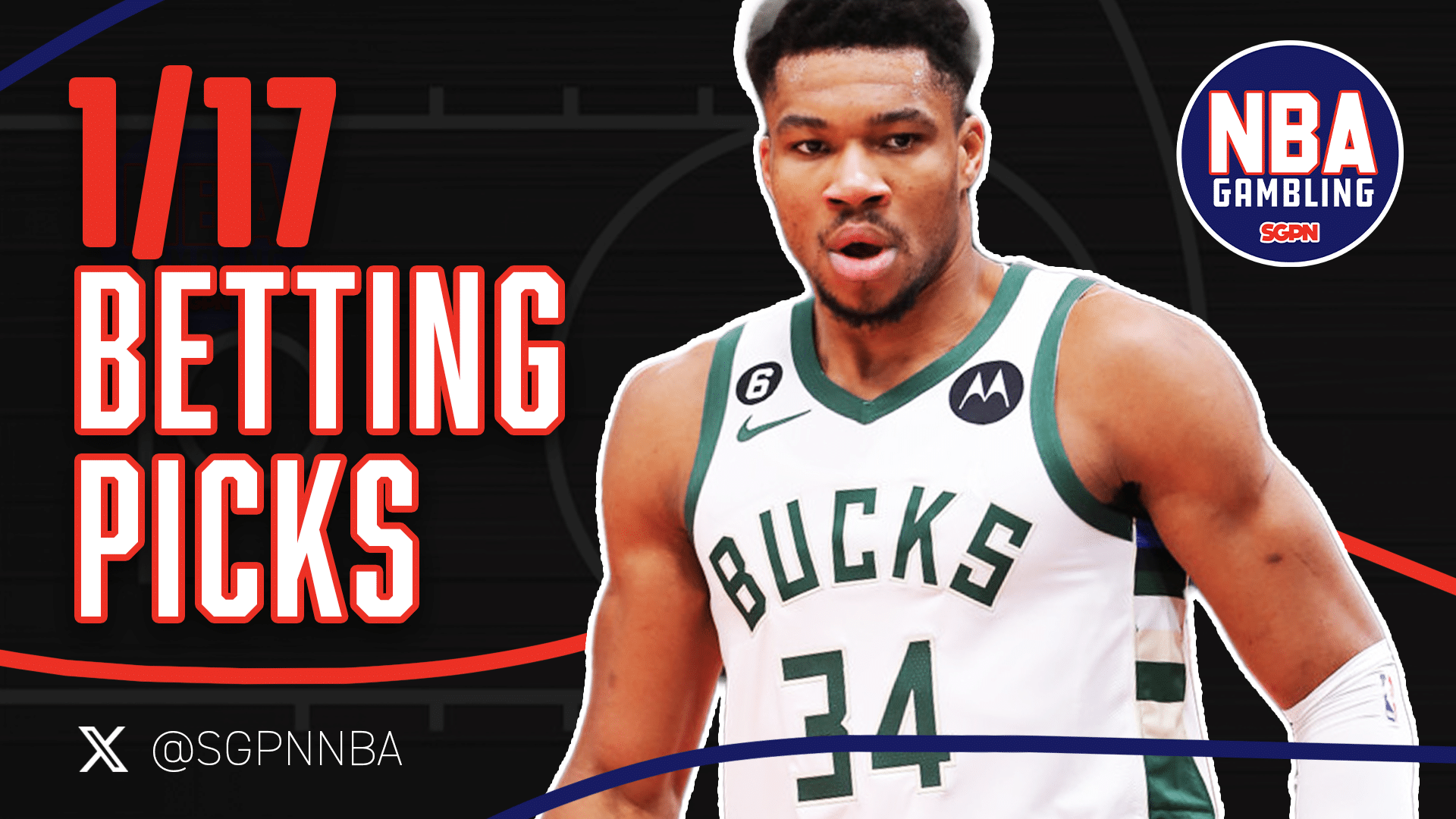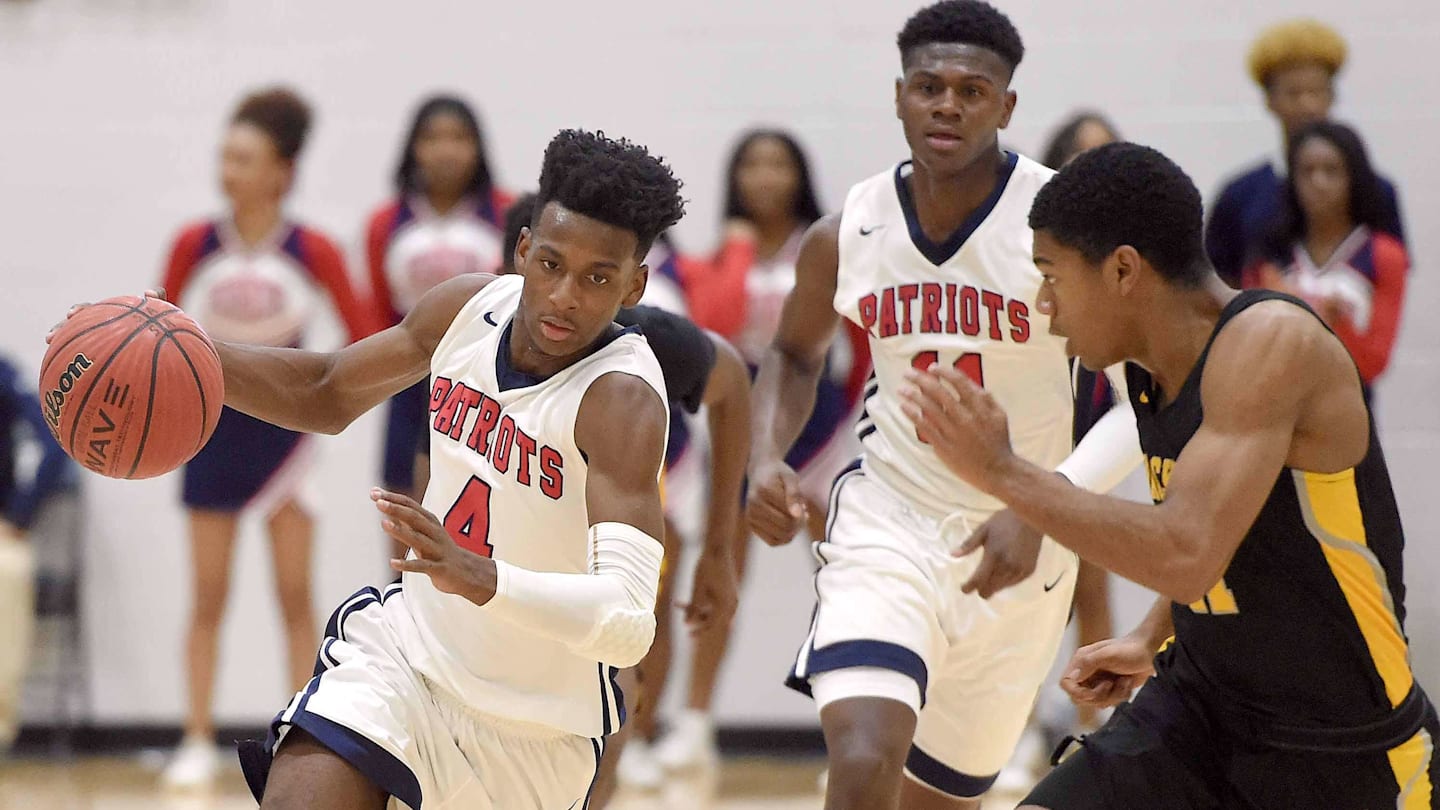Vermont works to address addiction concerns as online sports gambling thrives

This month marks the first anniversary of online sports betting becoming legal in Vermont.
Vermonters have put money down on a wide swath of events over that time: the Super Bowl, the World Series, the NBA championship and even table tennis during last summer’s Olympics.
During the past year, the state has also beefed up its resources for people who develop gambling problems.
Vermont Public’s Bob Kinzel joined host Jenn Jarecki to share more. This piece was produced for the ear. We highly recommend listening to the audio. We’ve also provided a transcript, which has been edited for length and clarity.
Jenn Jarecki: I understand you’ve had a chance to review a lot of the numbers surrounding the first year of online sports betting in Vermont. What stands out to you?
Bob Kinzel: You know, what really stands out for me, Jenn, is not a statistic — it’s the amount of advertising by the betting companies. You can’t watch sports on TV these days without being inundated by these ads, and at the same time, most of the sports cable networks now have entire programs that are dedicated to betting opportunities in upcoming games. It’s a dramatic change from just a few years ago.
Now, looking at the stats just released from the Department of Liquor and Lottery, they show that Vermonters bet just over $140 million last year, and roughly 90% of this money was returned in winnings. Now, it’s hard to calculate exactly how many Vermonters placed bets, because there are several betting companies, and some folks have multiple accounts. But, around 12,000 people is a reasonable estimate.
Now, this group of Vermonters placed almost 7 million bets last year with an average bet of around $20. State officials are expecting an increase in calls to Vermont’s Problem Gambling Hotline, but they say it typically takes between 18 months and two years for these problems to fully materialize.
Gambling, especially sports betting, is socially acceptable. It’s widely promoted, but it is a hidden addiction.
Dr. Kelly Klein, Vermont Department of Mental Health
Dr. Kelly Klein is the medical director at the Vermont Department of Mental Health — that’s the group that administers the state’s problem gambling programs. She refers to sports gambling as, “a hidden addiction.”
Kelly Klein: Gambling, especially sports betting, is socially acceptable. It’s widely promoted, but it is a hidden addiction. And so if people are struggling, they might not even realize that they are, because everyone around them is doing similar things.
Bob Kinzel: And Dr. Klein says she’s concerned because it’s become so easy to place bets.
Kelly Klein: Truthfully, it was a lot harder to become addicted when you had to drive to a casino, right, rather than just rolling over and turning on your phone. So, the ease of access has definitely increased the potential for addiction.
Jenn Jarecki: I hear what Dr. Klein is saying anecdotally, but Bob, are there any studies to indicate that online sports betting is more addictive than other forms of gambling?
Bob Kinzel: Jenn, that’s an issue that’s being closely looked at right now, because there are gambling counselors who believe there’s no question that the rate of addiction is higher because it’s so easy to place bets with your phone, you don’t have to get off the couch. And secondly, some people are really drawn to making many different types of bets during one sporting event.
Jenn Jarecki: So, for people who are facing addiction, what’s the goal of some of these problem gambling programs?
Bob Kinzel: Jenn, it’s really consumer education on several levels. And that’s because Dr. Klein says she doesn’t want to ban sports betting, she wants to be certain that folks gamble responsibly and enjoy the experience. But at the same time, she also wants people to be aware of the warning signs of addiction — when it starts to consume your life, when you start betting on events that you have absolutely no interest in, and when your betting habits create financial stress for you and your family.
Kelly Klein: So that they’re able to engage in it in a fun way, a social way, and then maybe recognize, “Oh, this, this is going in a wrong direction,” and stop before it becomes a huge issue, that’s really the goal. People don’t understand odds, you know? The fact that the house always wins, and even if it seems like, you know, “If I keep doing it, eventually I have a better chance.” It’s just not true.
Jeff Chiu
/
Associated Press File
Bob Kinzel: Jenn, I should also mention that the state dedicates half a million dollars a year from its lottery revenue to its various problem gambling programs. And on the other side of the ledger, the state raised roughly $6.3 million in revenue from online sports betting in 2024, and this number is expected to go up in 2025.
Jenn Jarecki: Bob, you mentioned the hotline for folks who feel they may have a gambling problem. How does the hotline work?
Bob Kinzel: Jenn, it’s really a twofold approach. First, it provides an immediate contact for someone who feels they might be developing a gambling problem, and they’re encouraged to call 1-800-GAMBLER (1-800-426-2537). Now, the folks answering the phone are all people who have experienced their own gambling issues — this is a very important part of the program. I spoke with Dave, who preferred that we not use his last name, and I asked him how he responds when a call comes in.
Dave: Right at the beginning, the most important thing is you don’t be judgmental. We don’t be judgmental of anything that they’re doing, or they’ve done, or what they’re saying. At that point, you just want to do a lot of listening to where they’re at, what’s been going on with their gambling problem. And again, you just, you offer them support.
Bob Kinzel: And Dave thinks it’s important that he shares his own gambling addiction issues with the caller.
Dave: I’m in recovery myself now for just shy of five years. A lot of the questions or things that the individual is going through, I can relate to. So, I think it makes the person calling in feel more comfortable that they’re not talking to someone that doesn’t have lived experience in gambling, and that’s what I’m able to do.
Right at the beginning, the most important thing is you don’t be judgmental. … You just want to do a lot of listening to where they’re at.
Dave, hotline worker
Jenn Jarecki: When someone calls the hotline, Bob, what kind of resources are available to them?
Bob Kinzel: Well, there’s several, Jenn. First, through someone like Dave, he asks the person if they’d like him to follow up with them with a call or a text in the coming days, he lets them know what programs are available in their area, and for some people, this is a very good starting point. Or, Dave can also put the person in touch with a certified counselor in their part of the state. There are seven counselors in place right now, with another 20 getting ready to go through the certification process this spring. Dave says that initial phone call to the hotline is one of the most important steps that a person with gambling issues can ever take.
Dave: When they make that call, unfortunately, a lot of them are in a desperate situation, and that’s — when you get that first call, you want to kind of grasp on to it. You want to keep them engaged with you, you want them to know that there’s light at the end of the tunnel, you want them to know that they can go one day at a time, and they can go forward in their recovery program if that’s what they choose to do.
Bob Kinzel: And once again, Jenn, for someone interested in calling the hotline, that number is 1-800-GAMBLER (1-800-426-2537).
Have questions, comments or tips? Send us a message.
Related
MD Attorney Charged With Tax Crimes Used Legal Fees To…
CHEVY CHASE, MD — A Montgomery County attorney is facing federal charges after prosecutors said he used legal fees to pay off gambling debt and failed to repo
NBA Picks Friday 1/17/25 | NBA Gambling Podcast (Ep. 840)
SGPN's Top Book Caesars 4.9 Bet $1 and Double Your Winnings for the Next 10 Bets! No Code Needed Must be 21 or older and physically present in AZ, CO, IL, IN
After $17 Million Fraud, Shohei Ohtani Deemed “Gambling Addict” Despite…
Wildfires have destroyed thousands of homes in LA, causing massive destruction, and people are wondering what their lives have become. Amid an estimated loss of
Lithuania implements new unregulated gambling payment blocking law
Lithuania has approved an amendment requiring financial institutions to block all payment card transactions from unregulated operators. The governme













